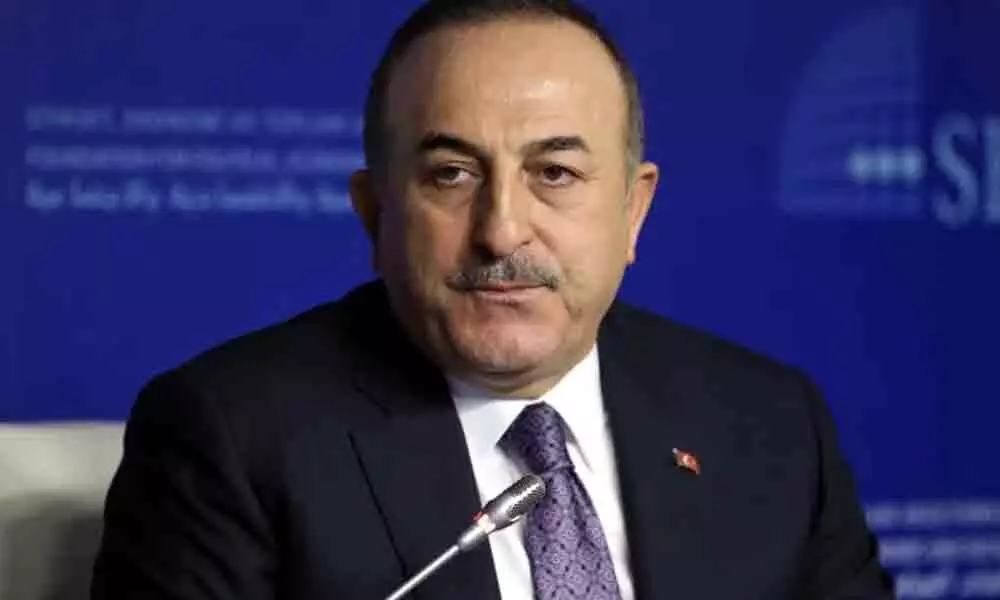Just In
Libya's High Council of State rejects dialogue with eastern-based army


Libya's High Council of State rejects dialogue with eastern-based army (Photo/IANS)
Libya's High Council of State has rejected dialogue with the eastern-based army, led by General Khalifa Haftar, and stressed the need for the UN-backed government to "control all the Libyan soil".
Tripoli: Libya's High Council of State has rejected dialogue with the eastern-based army, led by General Khalifa Haftar, and stressed the need for the UN-backed government to "control all the Libyan soil".
"The Council stresses (the need) to make serious efforts to end the rebellion through an immediate cease-fire, and enable the Government of National Accord to take full control of all the Libyan soil," Xinhua news agency quoted the Council as saying in a statement on Saturday.
"(The Council stresses) complete rejection to any form of dialogue with the terrorist war criminal Haftar," it said.
The Council also stressed that any dialogue or agreement must be based on the 2015 UN-sponsored Libyan political agreement.
The statement demanded reopening of the country's oilfields and ports and called on the UN-backed government to provide basic services for the people, mainly electricity and infrastructure.
The Council also called for a referendum on the draft constitution and holding parliamentary and presidential elections.
On August 21, UN-backed Prime Minister, Fayez Serraj, and Speaker of the eastern-based House of Representatives, Aguila Saleh, issued statements calling for a ceasefire in the country, reopening of the country's oilfields and ports, and holding elections.
The UN-backed government had been engaged in a deadly armed conflict against the eastern-based army, which is allied with the eastern-based House of Representatives, for more than a year over control of the capital Tripoli, before his government recently took over all of western Libya.
Despite signing the UN-sponsored political agreement and appointment of the UN-backed government of national accord in 2015, Libya remains politically divided amid insecurity and escalating violence.

© 2024 Hyderabad Media House Limited/The Hans India. All rights reserved. Powered by hocalwire.com






